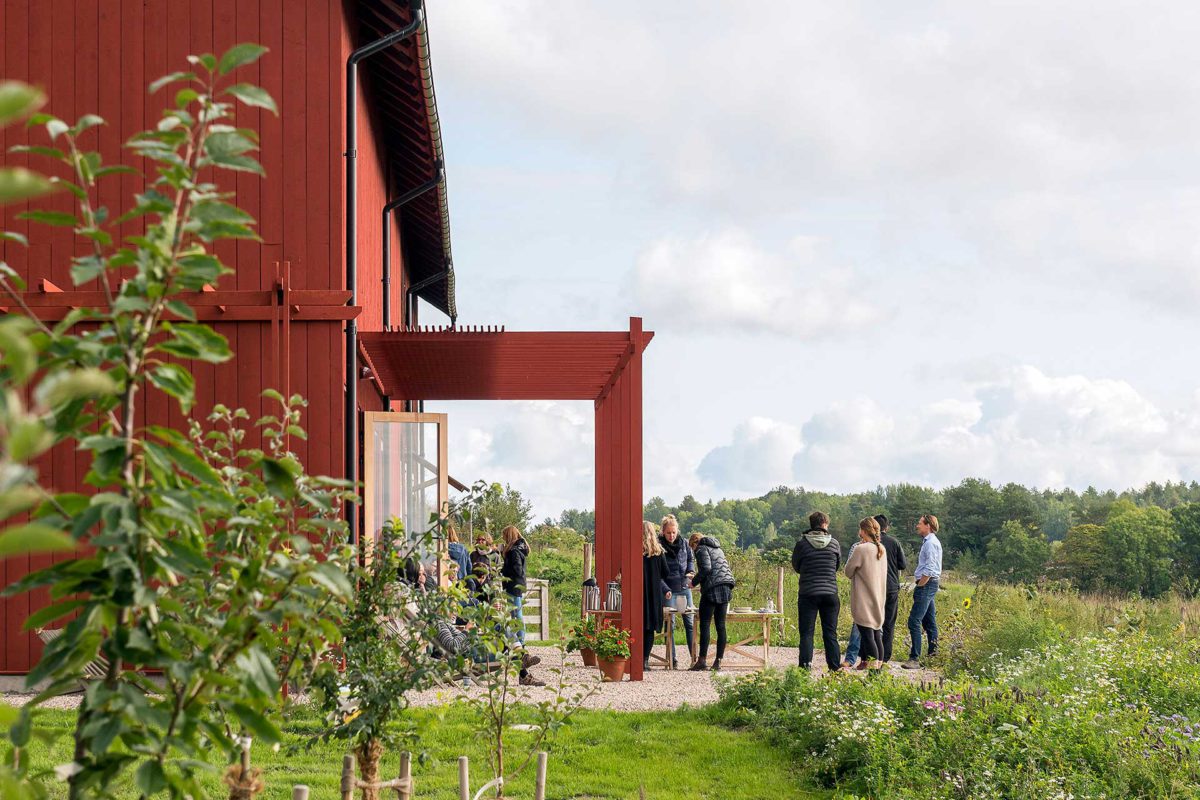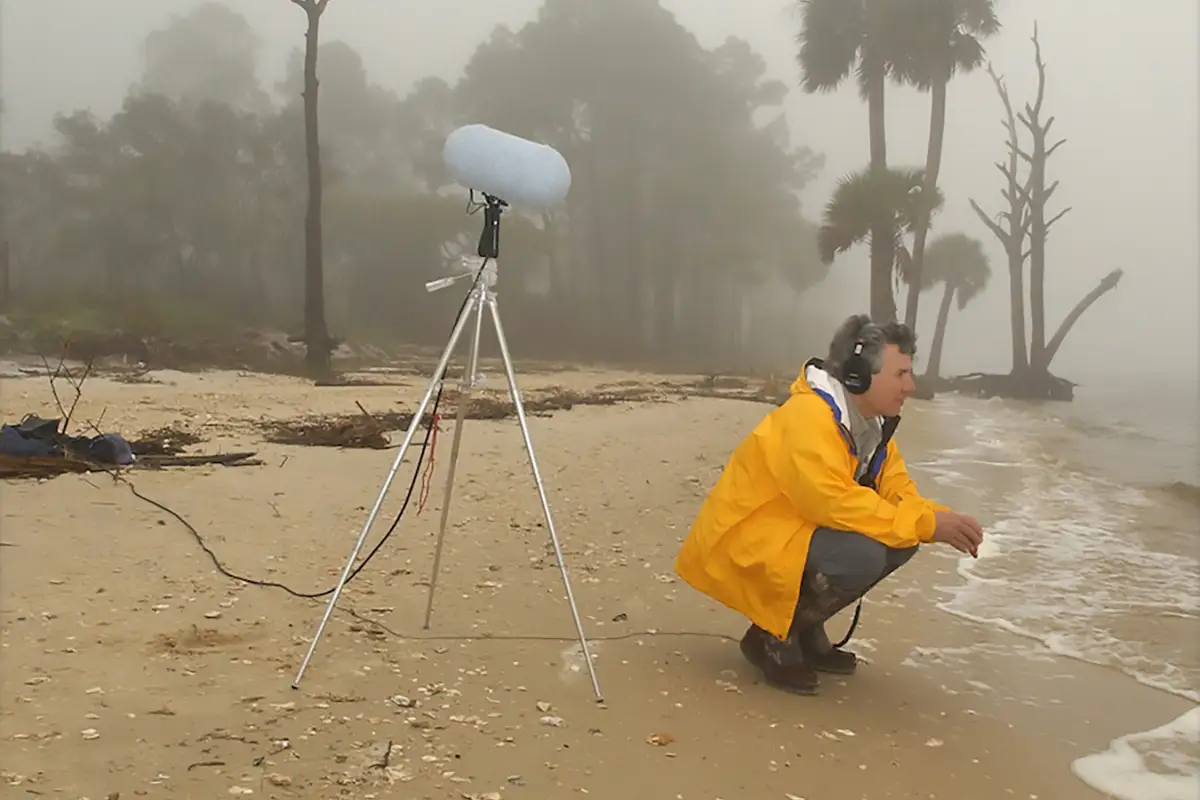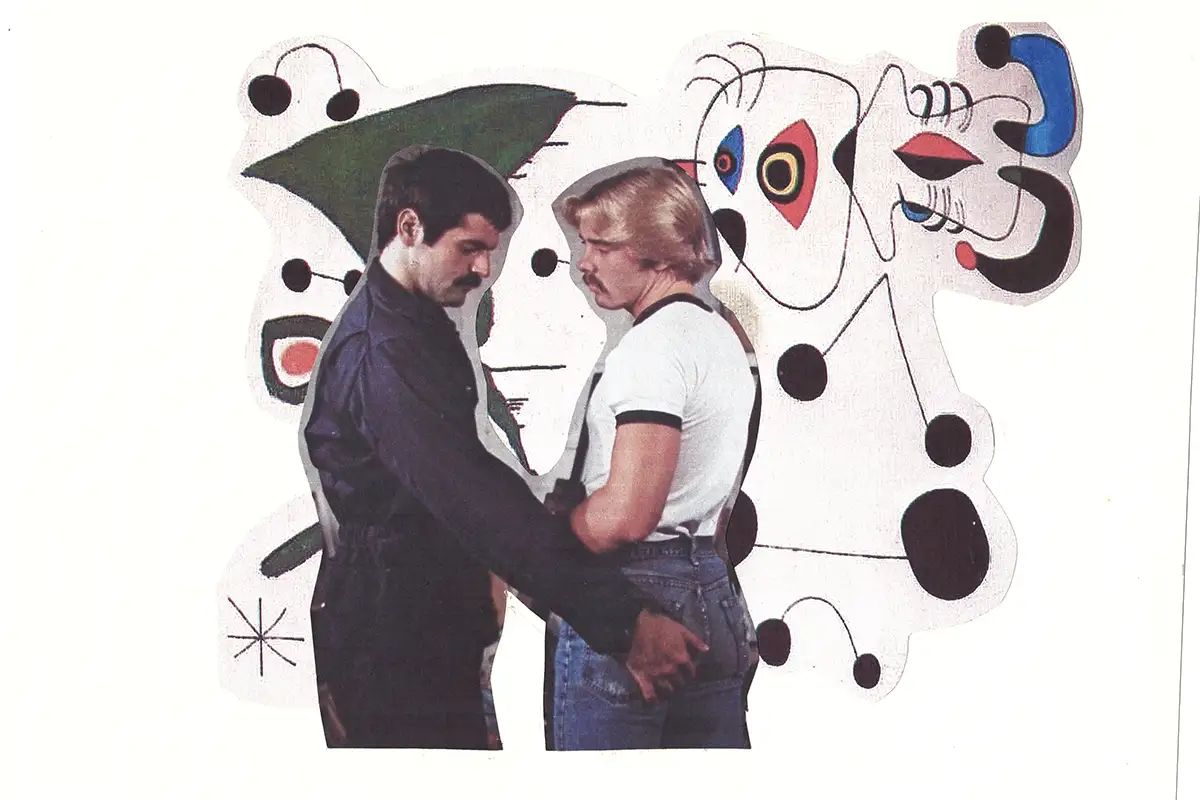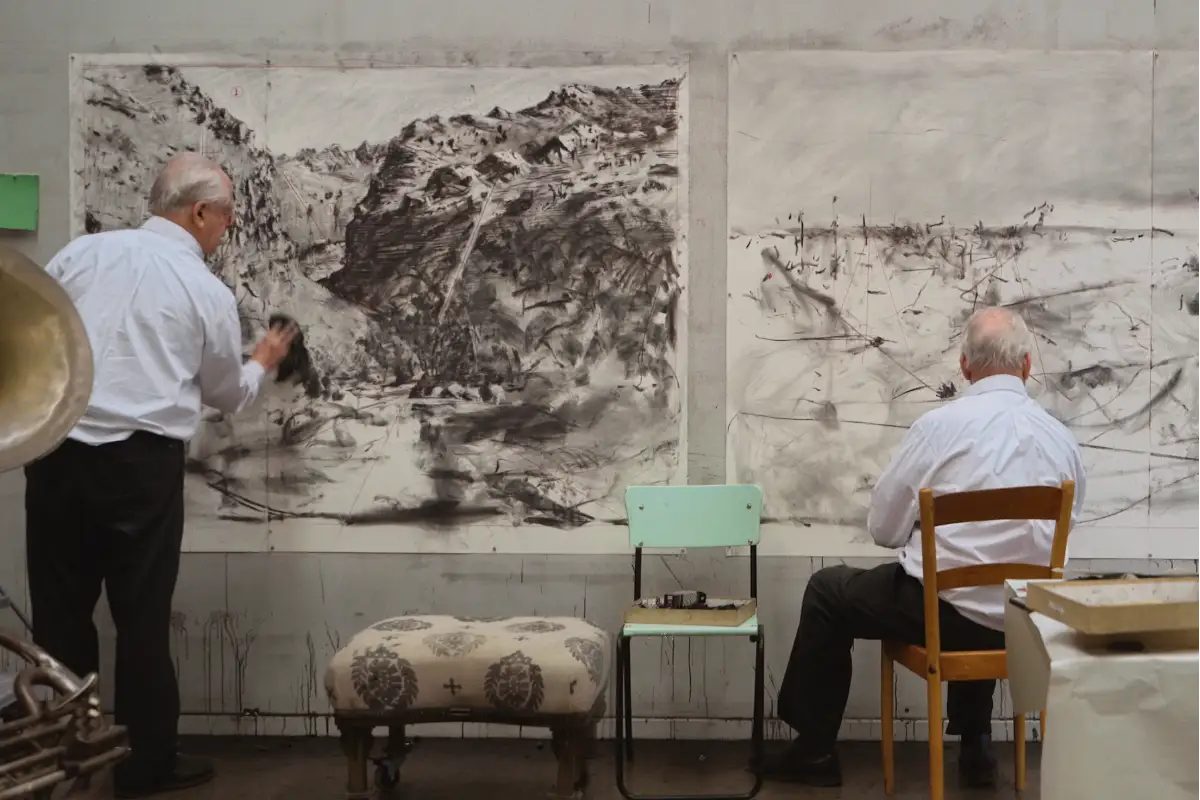«One of the possible outcomes of the financial crisis is that chains will be less inclined to throw away everything they already have and rebuild from scratch»
Transforming the Hospitality Business
The demands for accommodation during business travels drop. Leisure holidays are now out of the picture, some countries have decided to shut down the industry entirely and provide national aids, while others gave hotels and restaurants the chance to continue to work adjusting to prevention rules. Either way, a whole business that was flourishing with no hint of decline was put under dramatic pressure.
According to a research conducted in autumn 2020 by White Arkitekter in partnership with the Royal Park Hospitality Hub titled Transforming the Hospitality Business, Covid is an opportunity to renovate the hospitality business.
«There are things that the industry has always wanted to change for a long time, but didn’t have the chance to or because there was no interest before». Explains Margaret Steiner, architect and researcher in charge of the project together with Shereen Daver. The research they designed and developed during the pandemic started from a shared question: «in the current state of uncertainty, can a previously resilient hospitality industry restart with an accelerated and sustainable impact?».
The need for a greener hospitality
A role in this process is played by the interaction with local communities. Development to a greener hospitality must be «less about getting people to a nice resort for vacation and more about the local community and what a new resort could do for the local people to give something back to them».
A shift in demand was highlighted by the research: travelers and those staying in exclusive resorts, are now looking for experiences: «they want to do good and give back, at a bigger picture level». At the same time, guests’ mindset itself is changing.
The younger generation is becoming more aware about climate change and environmental issues. The old system underpinning the hospitality business as we know it today is not suitable to meet these new needs.
White Arkitekter – Reality Capture
Steiner claims that «you can think about the circular approach in a low-tech way and improve it with a more high-tech approach later on». Taking inspiration from the Center for Humane Tech, Steiner and Daver are aiming to implement a holistic technology that balances nature, humanity and efficiency and provide the hospitality business with the tech means to start again.
Tech would be used to collect data and make a «sustainable inventory» for the facilities, as well as to replace outdated systems and make already existing buildings last longer. It would provide the final customer with «seamless integrated experience». Almost invisible, tech will help make the customer experience easier and tailored to their needs and preferences.
Attention is also paid to the renovating processes with big hotel chains that often decide to undergo major style and design changes throughout all of their facilities. This implies getting rid of most of their furniture and interior decorations. Steiner notes that «to go in and rip everything out and rebuild, it’s not feasible nor appealing, even for industries or branches that like to do that».
She suggests to modify, rethink and reuse the furniture that is already in place. In order to do that, White Arkitekter uses a system called ‘Reality Capture’, that scans existing premises to calculate and list what you can reuse. When doing this is not possible, it becomes imperative to at least use local materials in order to minimize carbon footprint.
Emotional attachment to buildings
The use of materials and furniture coming from distant areas of the world is a direct consequence of globalization: «now everything is so available that people have become more careless with the use of materials and resources». Taking care of these details when renovating is convenient both for companies themselves, who tend to spend a consistent part of their budget on such activities and for the environment.
One of the possible outcomes of the financial crisis we are witnessing, according to Steiner, is that hotel chains will be less inclined to throw away everything they already have and rebuild from scratch, especially because «there probably won’t be the kind of money you need to change everything up». In the unlikely chance that the situation will go back to what it was pre-covid.
Steiner still hopes that the behavioral changes towards sustainability will stick around. There is a need to repair as much as possible and «consider the things you make and the systems you run on the longer term». Inducing an emotional attachment to new or already existing buildings among the community also helps.
«A beloved building is a sustainable one». Because the community will be less inclined to demolish it and undertake new construction to replace it; which is one of the most impactful causes for carbon emissions.
The added value of nature in the hospitality industry
The restrictions to prevent covid-19 virus from spreading have forced businesses to focus on taking advantages and give value to exterior spaces. According to Steiner and Daver’s research, being in a closer contact with nature will represent an added value for the hospitality industry once back on track and contribute to the customer and travelers’ experiences.
From the interviews with hospitality professionals conducted during the research, a need to develop multiple staff skills also emerged. With the incidence of the crisis, employers were able to analyze and understand what desirable skills are. «the urgency of having agile work skills» was at the heart of these conversations. The ability to change and switch roles and adapt to a flexible schedule are a positive asset for a number of reasons.
The employer can count on the members of their staff so as to fulfill different tasks. At the same time, working on different positions on a rotation basis allows the employee to «understand a different part of the business» and go back to the main job, after having acquired a different perspective. If the staff is able to observe their role with criticism, they can suggest and enforce change.
White Arkitekter
Is one of Scandinavia’s leading architecture firms. Responsibility, curiosity, involvement and respect are their core values. They are an employee-owned company.




















